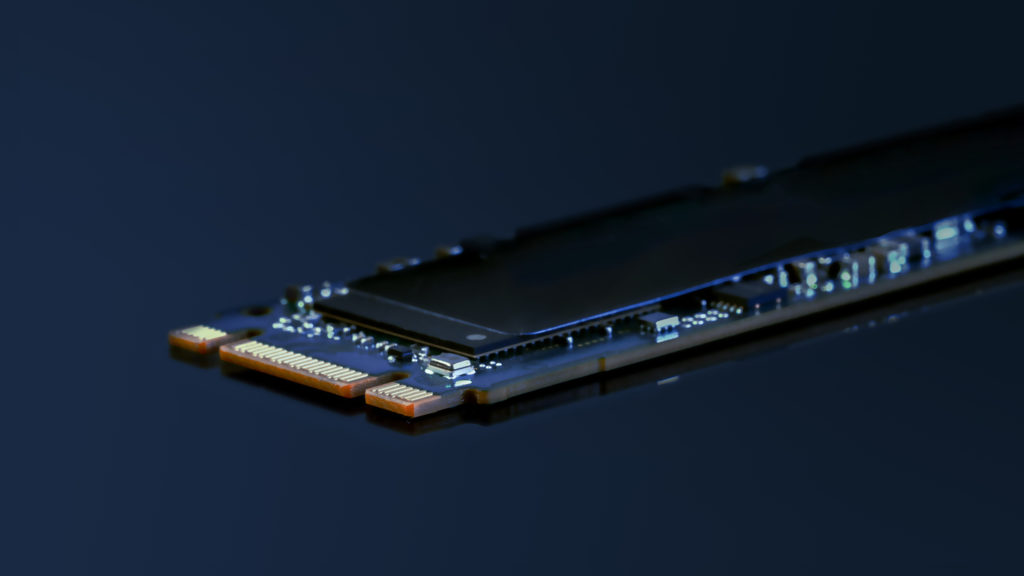In today’s landscape, the inquiry into the value of portable solid-state drives (SSDs) is becoming increasingly moot. The once-substantial gap between SSDs and traditional hard disk drives (HDDs) is rapidly narrowing. SSDs, utilizing non-volatile solid-state flash memory, have emerged as the frontrunners in computer storage, effectively replacing HDDs while delivering equivalent functionality. SSDs offer a significant speed advantage over their HDD counterparts, resulting in expedited boot-up times, quicker program loading, and enhanced file-saving processes.
In contrast to the conventional HDD, which relies on a spinning disk and a mechanical arm for data access, an SSD operates without moving parts. Instead, it utilizes flash memory chips and a controller to manage data storage and retrieval efficiently. This lack of mechanical components contributes to the SSD’s speed. It renders it more resilient to mechanical failures, a common issue with HDDs due to their reliance on magnetic properties for data handling.
The fundamental difference lies in the technologies powering each storage medium. While HDDs rely on magnetism and mechanical components prone to wear and tear, SSDs leverage solid-state flash memory, ensuring faster performance and more excellent durability. Thus, whether portable SSDs are worth it becomes increasingly rhetorical as their advantages over HDDs continue to grow more pronounced in computer storage.
Portable Drives
Portable hard drives, similar to those typically integrated into laptop computers, are engineered for efficiency and convenience. They often incorporate 2.5-inch disks that spin at slower speeds or are solid-state drives without rotating components. This design prioritizes portability, speed, and relatively modest storage capacity.
One of the notable advantages of portable hard drives is their lightweight construction, making them ideal companions for users on the go. Additionally, their enhanced speed compared to traditional hard drives ensures swift data access and transfer, improving productivity. Furthermore, their more modest storage capacities make them suitable for storing essential files and documents rather than large volumes of data. Their power efficiency is a significant selling point. Portable hard drives draw power directly from your laptop’s USB port, eliminating the need for an external power source such as a wall outlet. This feature enhances convenience and reduces the need for additional cables and adapters, simplifying the setup and usage process.
While portable hard drives are designed to operate efficiently with minimal power consumption, users should still ensure that their laptop battery is adequately charged for optimal performance. This precautionary measure helps prevent potential disruptions or performance issues during data transfer or usage. Therefore, maintaining a fully charged laptop battery is advisable when utilizing portable hard drives for extended periods.
SSD Portables Tend to Be Worth It
Solid-state drives tend to be worth it in almost every scenario conceivable, with the exception of dealing with multiple terabytes of data. Once the data sizes get so large that the cost becomes a genuine issue, HDDs still reign supreme. In no other scenario should somebody consider HDD over SSD.
Yes, portable SSD drives are absolutely worth it!
Glyph has been a pioneering company in the digital data storage industry for almost three decades, specializing in product design, assembly, and testing within the USA. Their external storage solutions are meticulously engineered to address the most rigorous and challenging workflows.




